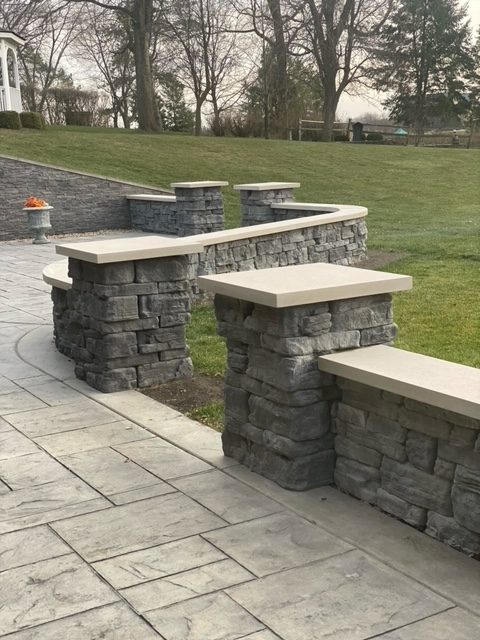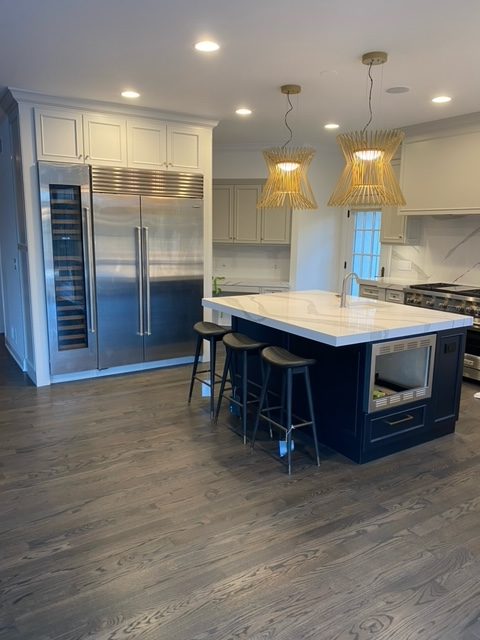When it comes to home renovations or new construction, understanding the permitting process is crucial.
Home construction permits ensure that your project complies with local building codes, safety regulations, and zoning laws. While navigating the world of permits may seem daunting, this guide will help simplify the process for homeowners.
What is a Construction Permit?
A construction permit is a legal authorization issued by a local government agency that allows you to proceed with construction, renovation, or demolition work on your property. The type of permit required can vary based on the scope of your project, ranging from minor renovations to significant structural changes.
Why Are Permits Necessary?
1. **Safety**: Permits ensure that your construction adheres to safety standards. This helps protect you, your family, and future occupants from potential hazards.
2. **Legal Compliance**: Building codes and zoning laws exist to regulate construction practices. Obtaining the necessary permits ensures that you comply with these regulations, avoiding potential fines or legal issues.
3. **Insurance Protection**: In case of damage or accidents, having the proper permits can protect you when filing insurance claims. Insurers often require proof of permits for significant renovations.
4. **Property Value**: Properly permitted work can positively affect your home’s value. Future buyers may be wary of properties with unpermitted work, potentially leading to lower offers.
Types of Permits
The type of permit you need will depend on the nature of your project.
Common types include:
– **Building Permits**: Required for structural changes, such as additions or major renovations.
– **Electrical Permits**: Needed for any electrical work, including installations and modifications.
– **Plumbing Permits**: Required for plumbing installations, repairs, or modifications.
– **Zoning Permits**: Necessary if your project involves land use changes, such as converting a residential property into a business.
How to Obtain a Construction Permit
1. **Research Local Requirements**: Check with your local building department to understand the specific requirements and regulations in your area.
2. **Prepare Your Plans**: Create detailed plans for your project, including drawings and specifications. Some jurisdictions may require these to be drawn up by a licensed professional.
3. **Submit Your Application**: Complete the permit application form and submit it along with your plans and any required fees. Be prepared for your application to be reviewed for compliance with local codes.
4. **Wait for Approval**: The review process can take anywhere from a few days to several weeks, depending on the complexity of your project and local regulations.
5. **Schedule Inspections**: Once your permit is approved, you may need to schedule inspections at various stages of your project to ensure compliance with safety and building codes.
6. **Obtain Final Approval**: After completing your project and passing all required inspections, you may receive a final approval or certificate of occupancy.
Common Mistakes to Avoid
– **Starting Work Without a Permit**: One of the biggest mistakes homeowners make is beginning construction before obtaining the necessary permits. This can lead to fines and complications down the road.
– **Assuming All Projects Need Permits**: Not all projects require permits. Minor repairs, such as painting or replacing fixtures, may not need approval. Always verify with your local authorities.
– **Neglecting to Schedule Inspections**: Failing to schedule required inspections can lead to issues later on, including having to redo work to comply with regulations.
Understanding the importance of construction permits and the process of obtaining them is essential for any homeowner planning a renovation or construction project.
By ensuring that your project is permitted, you protect your investment, adhere to safety standards, and enhance the value of your home. Before starting your next project, take the time to familiarize yourself with local permitting requirements to ensure a smooth and successful renovation experience.
Please contact us if you have any questions.






